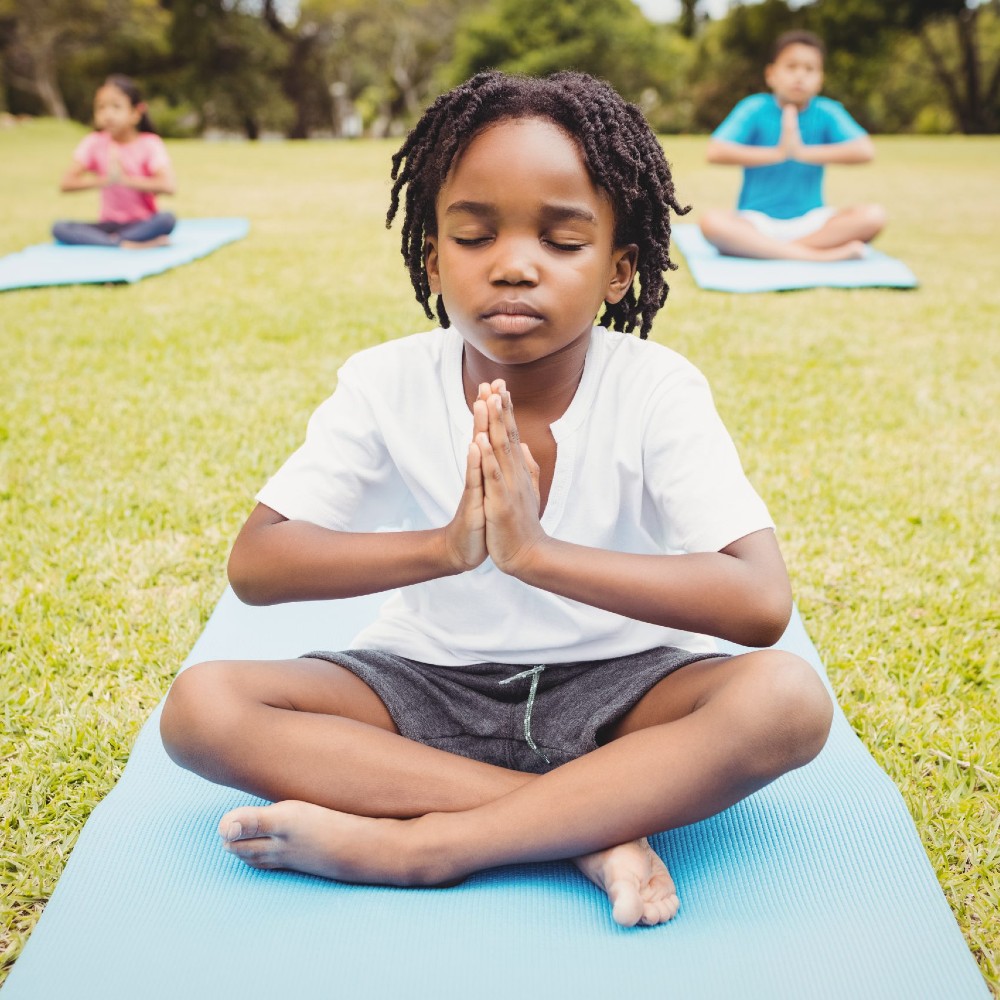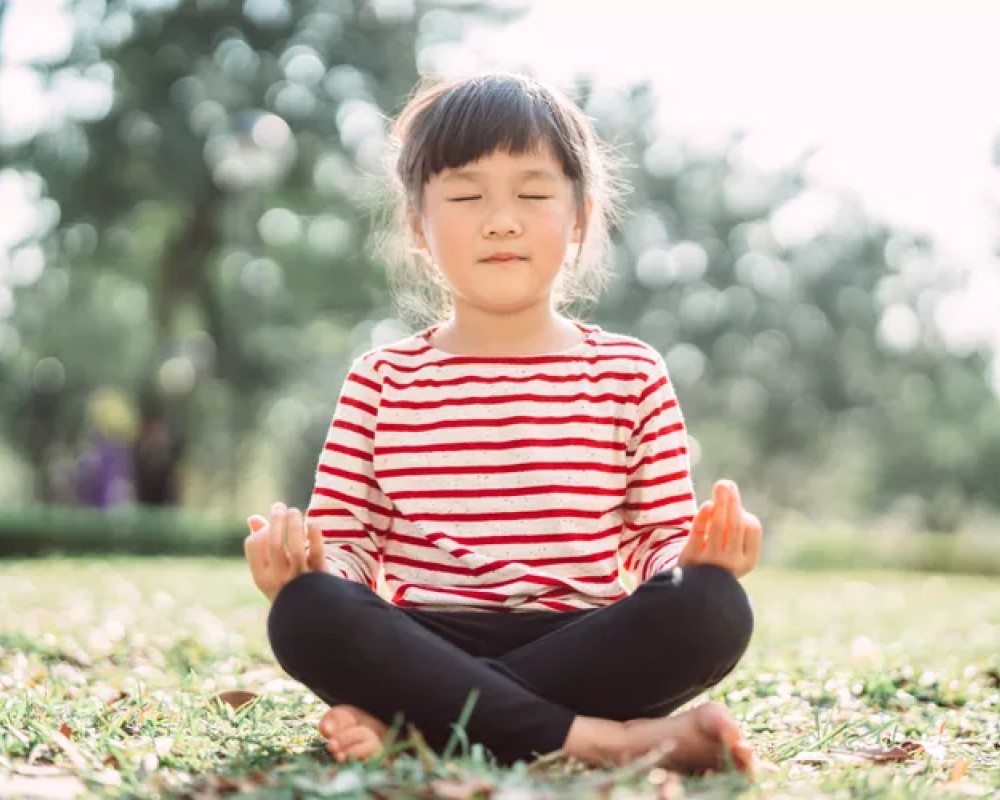
Yoga, a centuries-old mind-body practice, is not just for adults. It also offers a wide range of benefits for children. According to experts, yoga helps prepare children to face the challenges of daily life by introducing important life skills and values. Yoga instills values like truthfulness, gratitude, and self-discipline in children. Here are a few benefits of yoga, especially for children.
Building Self-Esteem and Confidence
One of the key advantages of yoga for kids is its ability to build self-esteem and self-respect. Shana Meyerson, the founder of Mini Yogis, emphasizes that yoga provides a unique opportunity for children to experience play and focus without fear of being wrong. It promotes a sense of self-worth and confidence. Additionally, yoga teaches children important life skills such as patience, perseverance, and goal-setting. By putting in effort and mastering new techniques and poses, kids gain a sense of accomplishment and self-esteem.
Enhancing Physical Strength, Flexibility, and Coordination

Yoga also offers physical benefits by promoting strength, coordination, and motor skills development in children. The American Academy of Pediatrics states that yoga challenges various muscle groups and helps children become more aware of their bodies and how they function. A study on 6-8 years old kids, who practiced yoga regularly for 12 weeks, showed significant improvements in strength, flexibility, and balance.
Positive Impact on Athletic Performances
For children engaged in sports, yoga can be a valuable complement to their training. Athletes in various disciplines can benefit from specific yoga poses that target and strengthen relevant muscle groups. Runners, for example, can improve their hips, legs, and Achilles tendon strength and flexibility through yoga. It also improves mental clarity, concentration, and balance.
Strengthening the Mind-Body Connection

Yoga nurtures the mind-body connection, helping children develop compassion, mindfulness, resilience, and most importantly, inner peace. In today’s fast-paced world, children often face immense pressure, and yoga can serve as a release valve, alleviating stress and providing a foundation for a resilient mind, body, and spirit. Studies have shown that yoga programs in schools can lead to reduced cortisol levels, improved behavior, and long-term physical, mental, and health benefits among pre-teen and teenage students.
Enhancing Focus, Concentration, and Academic Performance
Yoga helps children develop focus and concentration by encouraging them to clear their minds and be fully present. This ability to concentrate has been linked to improved memory and academic performance. Studies have shown that practicing yoga reduces stress and anxiety, leading to better problem-solving skills and overall school performance. Yoga enhances executive functions, including creativity, flexibility, self-control, and discipline.